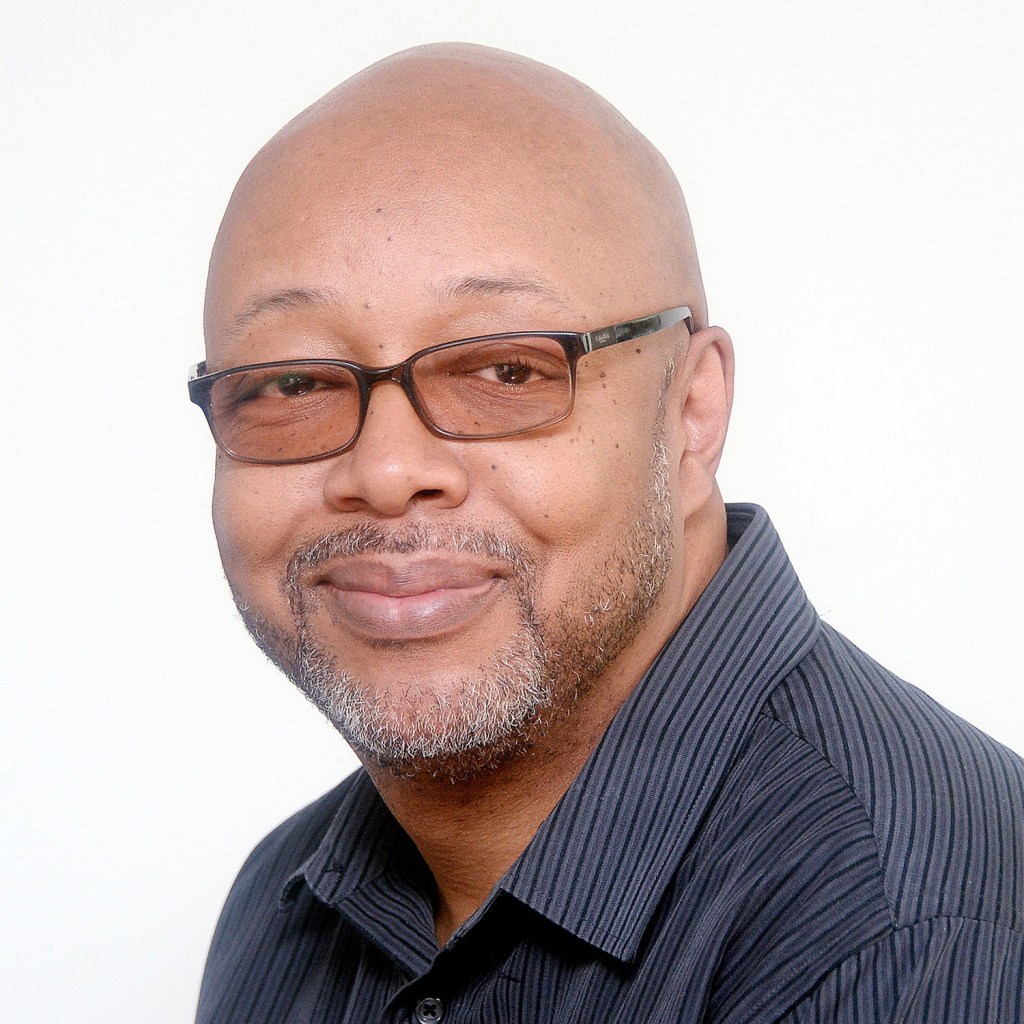‘This,” says Roni Dean-Burren, “is what erasure looks like.”
She’s talking about something you might otherwise have thought innocuous: a page from World Geography, a high school textbook.
A few days ago, you see, Dean-Burren, a former teacher and a doctoral candidate at the University of Houston, was texted a caption from that book by her son Coby, who is 15. It said that the Atlantic slave trade “brought millions of workers from Africa to the southern United States to work on agricultural plantations.” This was in a section called “Patterns of Immigration.”
She says the words jumped out at her. After all, a “worker,” is usually someone who gets paid to do a job. An immigrant is usually someone who chooses to come to a new country. Neither of which describes the millions of kidnapping victims who cleared America’s fields and endured its depravities in lives of unending bondage that afforded them no more rights under the law than a dog or a chair.
As the Trail of Tears was not a nature walk and the Normandy invasion not a day at the beach, black people were neither workers nor immigrants, but slaves. Dean-Burren, who is black, took to social media to explain that. You can guess what happened next. The story went viral, and the embarrassed publisher, McGraw-Hill Education, scrambled to apologize and fix the mess.
That’s all well and good. But let no one think this was incidental or accidental. No, there is purpose here. There is intent. In recent years, we’ve seen Arizona outlaw ethnic studies, Texas teach that slavery was a “side issue” to the Civil War, a Colorado school board require a “positive” spin on American history and Glenn Beck claim the mantle of the civil rights movement.
We are witness to the vandalism of African-American memory, to acts of radical revision and wholesale theft that strike at the core of black identity. Once your past is gone, who are you? What anchor holds you? So Dean-Burren’s word strikes a powerful chord: This is, indeed, erasure – like a blackboard wiped clean, all the inconvenient pain, sting and challenge of African-American history, gone.
It is, she says, “the saddest thought ever” that her grandchildren might not know Nat Turner’s rebellion or Frederick Douglass’ harsh condemnation of slavery. “The fact that they may not know what it was like for women to get the right to vote, the fact that they may not know that millions of Native Americans were slaughtered at the hands of ‘Pilgrims’ and explorers … I think it says a lot about our society.”
Nor is she persuaded by the argument that teaching the uglier aspects of American history would make students hate their country. She calls that “a crock of poo.” And it is. America’s ugliness defines its beauty as silence defines sound and sorrow defines joy.
“We tell our children that all the time: ‘The reason you’re standing here today … and you have what you have and you can go to the schools you want to go to, and you can say out loud, ‘I want to be an Alvin Ailey dancer …’ or ‘I want to go to Stanford,’ … is that you come from survivors.
You come from people who said, ‘I’m going to stick it out. I’m going to make it. I’m going to keep pushing.’ If we don’t know the ugly, I don’t know how you can really love the pretty.”
To put it another way: Black History Matters. So let us be alarmed at attempts to rewrite that history for the moral convenience of others or to preserve what James Baldwin and Ta-Nehisi Coates have described as the fiction of white American “innocence” where crimes of race are concerned. They keep trying to make it less painful, says Dean-Burren, like putting a document through a Xerox machine and making it lighter, lighter and lighter still.
“And then, when you look up, there’s nothing on the page.”
Leonard Pitts is a Pulitzer Prize-winning columnist for The Miami Herald. He can be contacted at:
lpitts@miamiherald.com
Send questions/comments to the editors.


